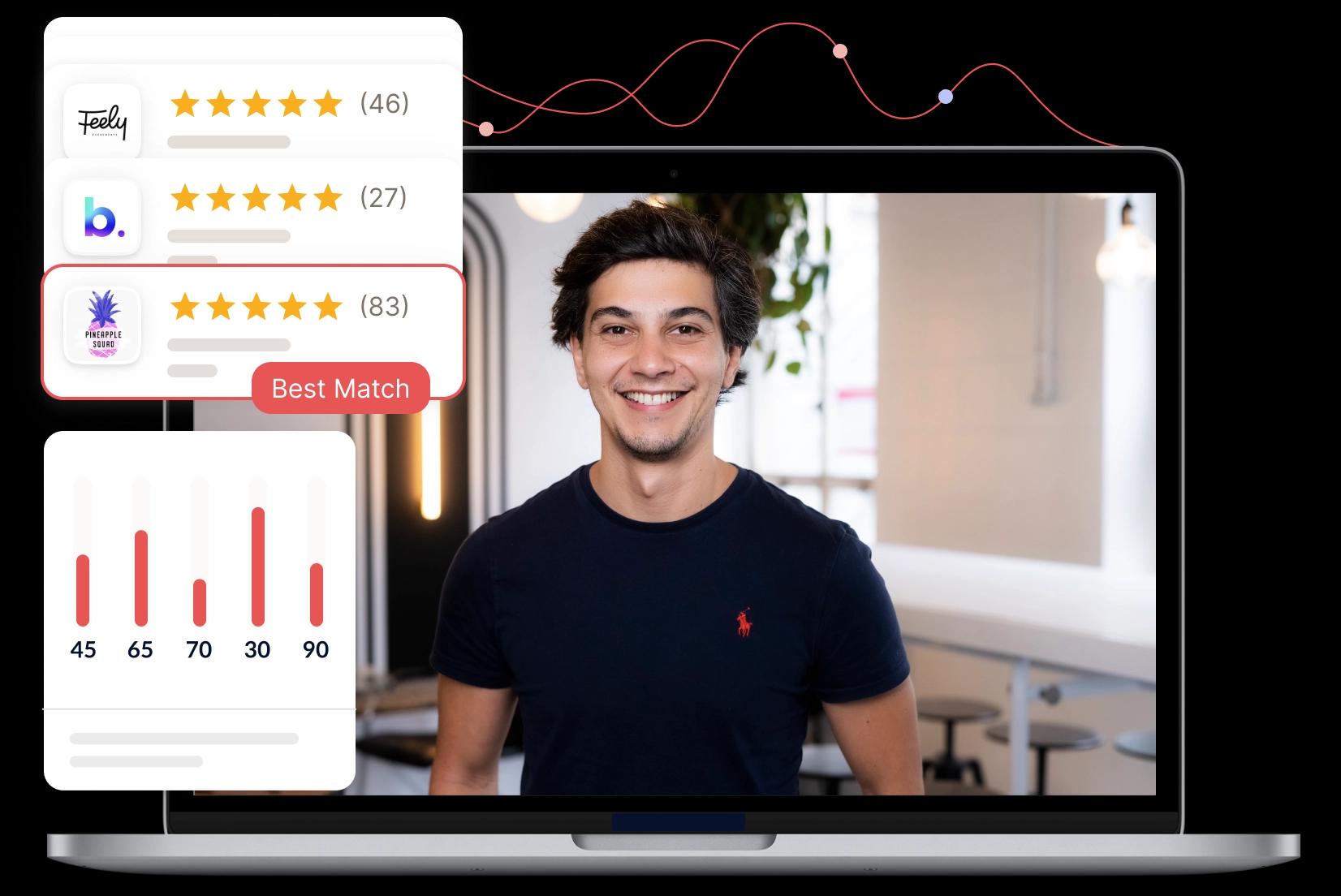List of the top Rome Marketing consultants
- RecommendedAward-winner20 works in MarketingActive in Rome, ItalyFrom €1000 for Marketing
- Recommended5 works in MarketingActive in Rome, ItalyFrom €1000 for Marketing
- RecommendedAward-winner2 works in MarketingActive in Rome, ItalyFrom €1000 for Marketing
- (0 review)
🚀Cerchi Esperti di Digital Marketing? Non siamo la classica Agenzia, Noi ci mettiamo la Faccia! 🚀
Award-winner7 works in MarketingActive in Rome, ItalyFrom €499 for Marketing - No work in MarketingActive in Rome, ItalyFrom €1000 for Marketing
- Recommended1 work in MarketingActive in Rome, ItalyFrom €1000 for Marketing
- No work in MarketingActive in Rome, ItalyFrom €1000 for Marketing
- 5(17 reviews)
International Full-Service Multi-Award-Winning Film and Video Production Company. Creative Agency.
RecommendedAward-winnerNo work in MarketingActive in Rome, ItalyFrom €1000 for Marketing - Recommended2 works in MarketingActive in Rome, ItalyFrom €1000 for Marketing
- Award-winner9 works in MarketingActive in Rome, ItalyFrom €500 for Marketing
- RecommendedAward-winner4 works in MarketingActive in Rome, ItalyFrom €1000 for Marketing
- 5(3 reviews)RecommendedNo work in MarketingActive in Rome, ItalyFrom €700 for Marketing
- No work in MarketingActive in Rome, ItalyFrom €399 for Marketing
- RecommendedNo work in MarketingActive in Rome, ItalyFrom €300 for Marketing
- RecommendedNo work in MarketingActive in Rome, ItalyFrom €850 for Marketing
- 5(1 review)
Ogni giorno impariamo nuove cose e le applichiamo al tuo business. Per crescere insieme.
RecommendedNo work in MarketingActive in Rome, ItalyFrom €500 for Marketing - (0 review)No work in MarketingActive in Rome, ItalyFrom €1000 for Marketing
- (0 review)No work in MarketingActive in Rome, ItalyFrom €1000 for Marketing
- No work in MarketingActive in Rome, ItalyFrom €3000 for Marketing
- (0 review)No work in MarketingActive in Rome, ItalyFrom €1000 for Marketing
